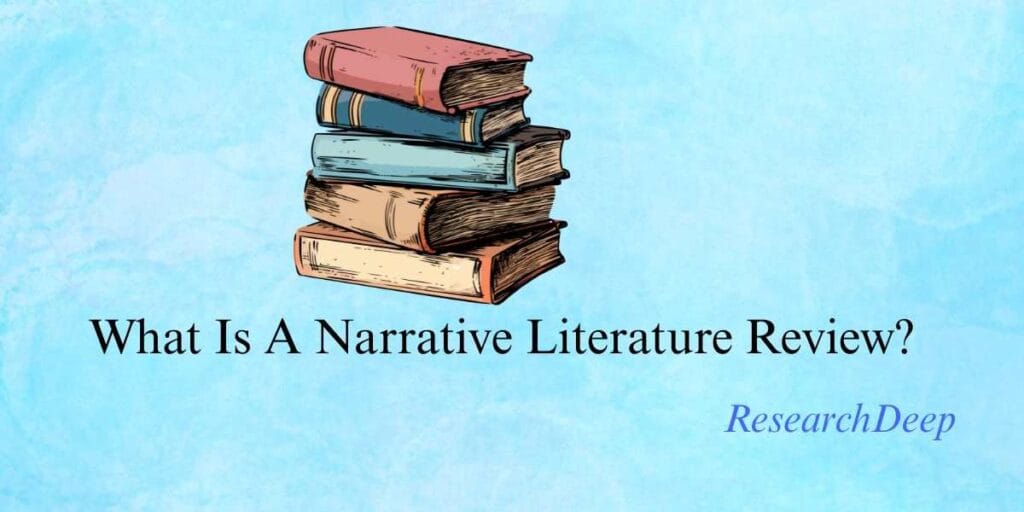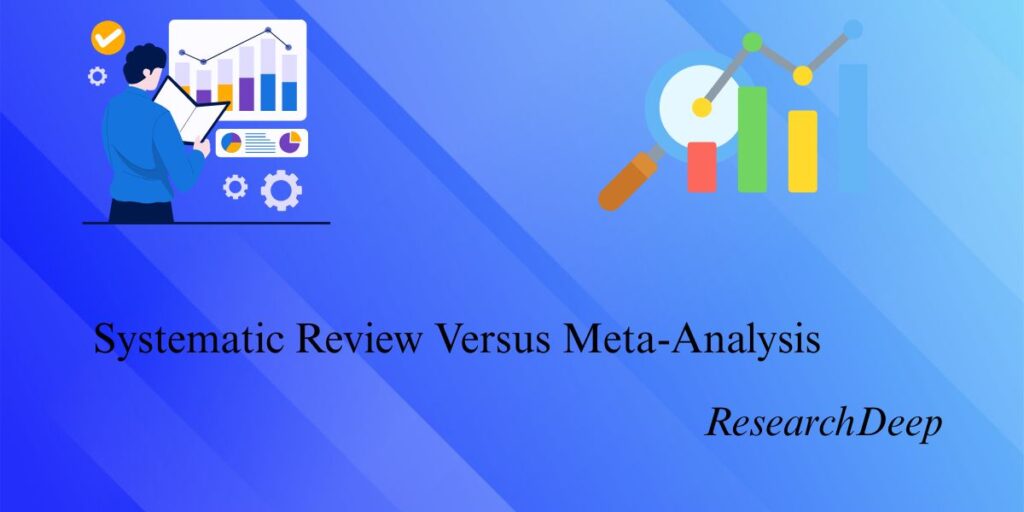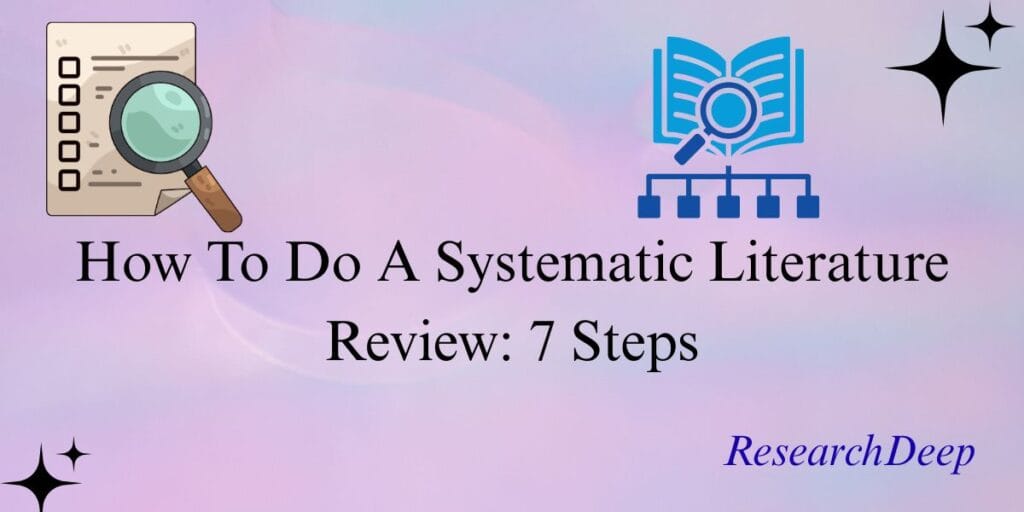Last updated on November 25th, 2025 at 01:14 pm
Writing a literature review can be a complex and time-consuming process, but understanding how to write a literature review using ChatGPT can significantly streamline and enhance your research efforts.
This guide will cover all aspects of the process, including the ethical considerations, benefits, and critical steps involved.
Table of Contents
Introduction to Literature Reviews
A literature review is a detailed analysis of existing research related to a specific topic. It provides a summary, synthesis, and critical evaluation of the significant literature published on that topic.
Writing a literature review involves searching for relevant literature, evaluating sources, organizing findings, and synthesizing the information to highlight trends, gaps, and relationships in the research
Benefits of Using ChatGPT
1. Efficiency: ChatGPT can quickly generate summaries and insights from a large volume of literature, saving time.
2. Comprehensive Coverage: The tool can help ensure that no significant piece of literature is overlooked.
3. Consistent Structure: ChatGPT can assist in maintaining a consistent structure and style throughout the review.
How to Write a Literature Review Using ChatGPT
Step 1: Define the Scope and Objectives
Clearly define the scope of your literature review. Identify the research questions and objectives to guide it’s search for relevant literature.
Example Table: Scope and Objectives
| Objective | Description |
|---|---|
| Questions | What are the impacts of social media on mental health among teenagers? |
| Scope | Articles published between 2010-2024, focusing on quantitative studies and peer-reviewed journals. |
| Topics | Social media usage, mental health indicators, demographic factors, and intervention strategies. |
Step 2: Search for Relevant Literature
Use academic databases and search engines like PubMed, Google Scholar, and JSTOR to find relevant literature. Enter your search terms and refine your results based on relevance and publication date.
Step 3: Use ChatGPT to Summarize and Analyze Literature
Input the content of identified key articles that match your study into ChatGPT to generate comprehensive summaries to identify key themes and trends of each research study.
ChatGPT Summary Example:
“This study explores the correlation between social media usage and mental health outcomes among adolescents. The findings suggest that increased social media use is linked to higher levels of anxiety and depression. The study also identifies the role of parental guidance in mitigating these effects.“
Step 4: Organize the Literature
Organize the summarized literature into themes or categories based on the research questions and objectives.
Example Table: Organization of Literature
| Theme | Articles Included |
|---|---|
| Impact on Anxiety and Depression | Smith (2015), Brown (2018), Lee (2020) |
| Role of Parental Guidance | Smith (2015), Jackson (2019) |
| Intervention Strategies | Miller (2017), Johnson (2021) |
Step 5: Synthesize and Write the Review
Synthesize the information from the organized literature into a coherent narrative. Discuss the findings, identify gaps, and highlight areas for future research.
Ethical Use of ChatGPT in Literature Reviews
Ethical Considerations
Transparency: Clearly state that AI assistance was used in your work.
Review and Edit: Ensure all AI-generated content is reviewed and edited for accuracy and coherence.
Originality: Use plagiarism detection tools to verify the originality of the AI-generated content.
Confidentiality: Avoid inputting sensitive or proprietary information into the AI.
By following these guidelines, you can ethically integrate ChatGPT’s assistance into your literature review process while maintaining academic integrity and transparency.
Avoiding Plagiarism
Ensure that all the text generated by ChatGPT is original or properly cited. Use plagiarism detection tools to verify the originality of the content. If ChatGPT generates text that closely resembles existing literature, rephrase it appropriately and correctly cite the sources in the stipulated citation style.
Data Privacy
When inputting sensitive information into ChatGPT, be mindful of data privacy and confidentiality. Avoid sharing personal or sensitive information about research subjects or proprietary research data.
Proper Attribution
When using ChatGPT to assist in writing a literature review, it is essential to properly attribute the AI’s contributions. Mention in the methodology section of your review that AI assistance was utilized for generating summaries or analyzing trends. This transparency maintains academic integrity.
For example:
“In preparing this literature review, we utilized OpenAI’s ChatGPT to assist in summarizing sources, identifying key themes, and organizing information. The AI’s contributions were reviewed and edited to ensure accuracy and coherence.”
Citation Example
If a specific text generated by ChatGPT is included in the literature review, it should be cited similarly to other sources. For example:
“According to ChatGPT, the recurring themes in recent social media research include anxiety, depression, and parental guidance (OpenAI, 2024).”
Example Citation Format in References: OpenAI. (2024). ChatGPT. Retrieved from [OpenAI](https://www.openai.com/).
Step 7: Finalize the Review
Prepare the final draft of your literature review by integrating the revised AI-generated content with your analysis and insights. Ensure that the review is well-structured, with a clear introduction, body, and conclusion.
Example Table: Final Review Checklist
| Checklist | Description |
|---|---|
| Accuracy | Verify the accuracy of all the information and data presented. |
| Coherence | Ensure the review flows logically from one section to the next. |
| Relevance | Check that all included literature is relevant to the research question. |
| Originality | Confirm that all text is original or properly cited. |
| Clarity | Make sure the writing is clear and concise. |
| Ethical Compliance | Ensure all ethical guidelines regarding AI usage and data privacy are followed. |
Creating Summary Tables
Summary tables can provide a quick overview of the key points from multiple sources. They help in comparing and contrasting different studies efficiently.
Example Of Summary Table
| Study | Focus | Key Findings | Limitations |
|---|---|---|---|
| Smith (2015) | Social media and anxiety | High social media use is linked to increased anxiety among teens. | Small sample size |
| Brown (2018) | Depression and social media | Increased screen time correlates with higher depression rates. | Cross-sectional study |
| Lee (2020) | Parental guidance | Effective parental guidance mitigates negative effects of social media. | Lack of longitudinal data |
| Jackson (2019) | Intervention strategies | Cognitive-behavioral interventions show promise in reducing social media anxiety. | Limited to urban populations |
| Johnson (2021) | Research methodologies | Mixed-method approaches yield comprehensive insights into social media impacts. | Requires significant resources |
FAQs
Can ChatGPT be used for a literature review?
ChatGPT is a useful tool for writing a literature review and significantly streamlines and enhances your research efforts. provided it is used ethically and properly cited to avoid plagiarism and maintain data privacy.
Is it legal to use ChatGPT for a research paper?
The text generated by ChatGPT based on your input must be appropriately cited in your research paper. Failing to do so seriously violates academic integrity and is considered plagiarism.
Conclusion
Writing a literature review using ChatGPT offers numerous benefits, including increased efficiency, comprehensive coverage, and a consistent structure. However, it is crucial to adhere to ethical guidelines, ensure originality, and maintain academic integrity.
By following the steps outlined and utilizing tools like summary tables, you can create a well-organized and insightful literature review that significantly contributes to your field of study.




